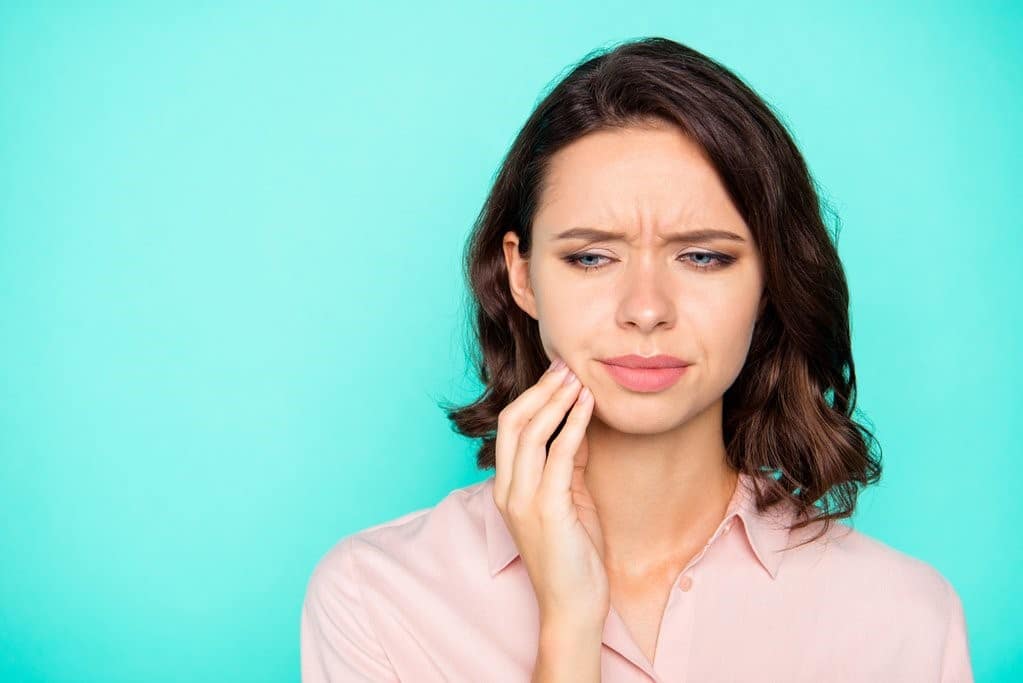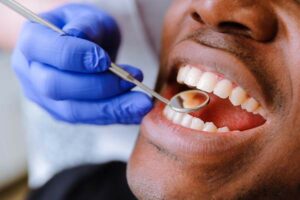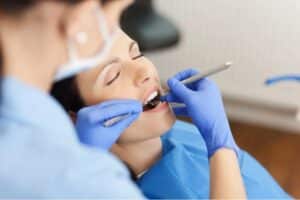These are hard times for everyone. The world is facing a new challenge and we must be careful to safeguard public and personal health. Dentistry is an health area in which the patient and the dentist are in close contact for prolonged periods of time, which is why in normal times our team takes pains to make sure patients feel comfortable while in the chair. While the nation is in the state of emergency, the American Dental Association has recommended the suspension of dental services except to treat urgent situations. Now, there has been some confusion as to what a dental emergency is. The ADA distinguishes between emergency and urgent care and the way dentists are to treat each. Here is a small summary of how it works.
Emergency dental care
Procedures under this category involve possibly life-threatening conditions or the severe impairment of overall health if not attended to immediately. These include uncontrolled bleeding, severe inflammation due to active infection (accompanied with fever or other systemic alterations), bone or teeth fractures that severely impair the normal functioning of the mouth or teeth. These are very painful situations and you should seek assistance immediately. Dentists should resolve these in the most complete way possible without resorting to complex treatments.
Urgent dental care
Urgent dental procedures are those that address discomfort and pain, that should be treated as soon as possible because they might easily worsen, and that in themselves are not a threat to overall health. Examples of urgent situations are severe sensitivity to temperature, wisdom tooth pain, localized inflammation or infection, extensive cavities involving pain, denture adjustments when these are required for adequate functioning, adjustment of orthodontic appliances when these cause injury to gum tissue, fractured or lost temporary crowns or fillings, suture removal, and dental treatment that must be urgently completed due to a subsequent medical procedure (such a radiation or chemotherapy).
The ADA has specified that even in urgent situations, dentists will treat them with a palliative or preventive outlook. This means he or she will try to alleviate all pain and discomfort, but will do so in a way that is minimally invasive. So, for example, if your filling cracks, the dentist will replace it with a temporary filling or if you need a root canal treatment, the dentist will postpone the final crown and you will leave with a temporary filling that seals your tooth. In general, anything that involves grinding or prepping your teeth will be postponed.
All other procedures considered routine or esthetic is non-urgent. This includes cleanings, whitenings, extraction of healthy teeth or wisdom teeth that do not show symptoms, replacing crowns, dentures, fillings, or veneers for esthetic reasons, asymptomatic cavities, orthodontic procedures, and non-essential prosthetic adjustments.
The ADA has specified that these measures will be upheld in the United States for three weeks, and similar dental associations around the world have followed this example. If you are scheduled for an appointment during this period, expect to be asked about your current health status and any recent travel details. This is because dental clinics are a high-risk location for infection should there be an infected patient.
At our practice, we are striving to ensure our patients’ health and well-being as well as the community’s. If your dental situation falls into the emergency or urgent categories and you are currently in Costa Rica, do not hesitate to contact us via e-mail, or feel free to ask if you are unsure if it does. Please describe your situation and we will guide you through what to do next. We can together overcome these unprecedented and uncertain times.
Source: “What constitutes a dental emergency?” American Dental Association (March 30 2020) Retrieved on April 4 2020 from https://success.ada.org/




